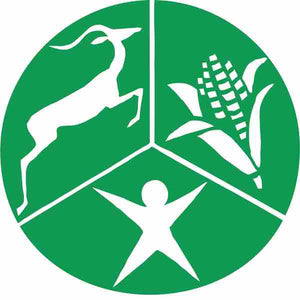
Scaling small-scale farmer impact on conservation in Zambia
COMACO makes sustainable agriculture profitable and farmers committed to looking after their soils, forests and wildlife. With 178,000 farmers organized into 81 cooperatives residing across Zambia’s wildlife-rich Luangwa Valley, COMACO has built a farmer-based, incentive-driven organization increasingly capable of reversing trends of wildlife poaching and deforestation. Chemical-free food products sourced entirely from these farmers and sold under the brand It's Wild! by COMACO help to sustain the process.
The model is at a critical juncture of validation as a self-financing solution to poverty and hunger that act as key drivers of environmental threats. Support from this project will allow these cooperatives to play a dynamic leadership role in COMACO’s future through continued innovations in land stewardship and environmentally responsible markets. Such innovations as community conservation plans and conservation dividend payments to incentivize their enforcement are becoming accepted norms in Zambia.<p>
The Problem
Land degradation is the core problem COMACO is trying to solve. It is a chronic problem across much of Africa, often ignored until its full impact is realized when solutions become too costly to fix. Its victims are smallholder farmers tied to the land who suffer from displacement, lost income, and threatened livelihoods. Its aftermath is impoverished biodiversity and lost economic opportunities.
Underlying this problem is a general ignorance about soils. This has allowed conventional market players to promote commercial products with promises of more food and income without telling the whole truth. Decades of this approach are mired in external financial interests and not on an honest discussion about what soils require to keep smallholders safe and secure on their land.
The Solution
A pervasive illiteracy in rural areas with unskilled local leaders compounds the problem. Moreover, immediate needs of low-income farmers make longer-acting but more effective ways to repair soils difficult to accept. Adding to the problem is the widely dispersed nature of rural communities across terrain difficult to access, making interventions costly and time-consuming. Not surprisingly, land degradation continues to take its toll on Africa.
Stage of Development
- Early Stage
- Established Prototype
- Scaling
- Other
Organization to Receive Funds
COMACO





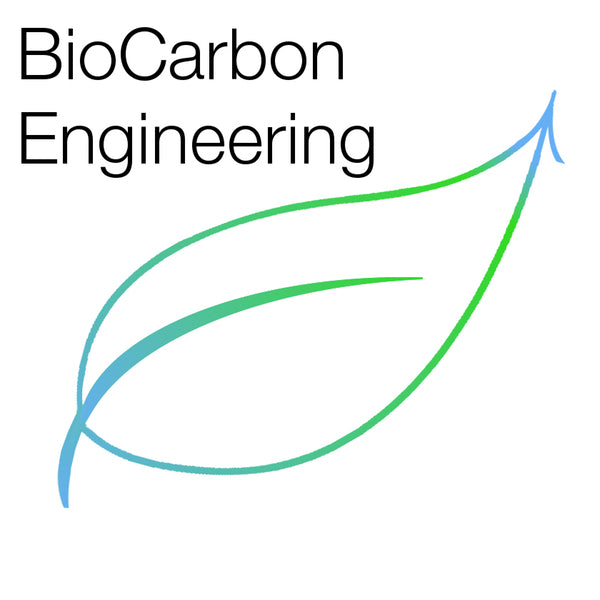


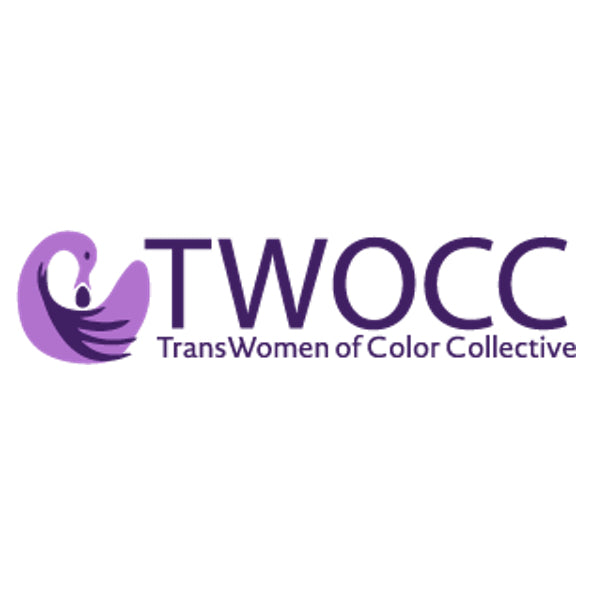


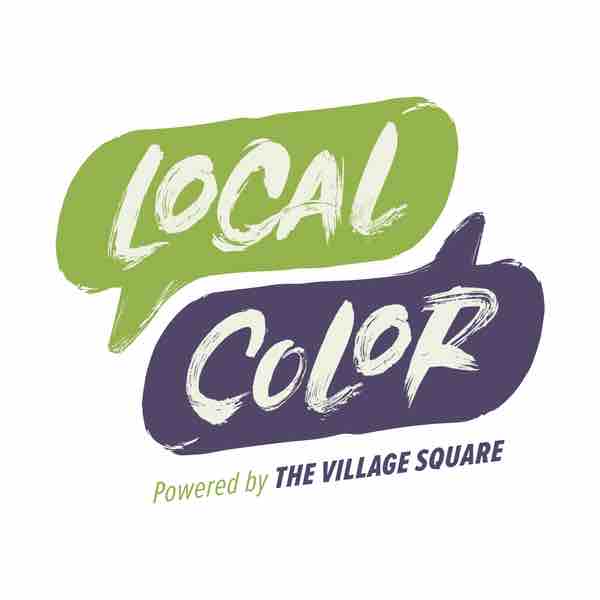

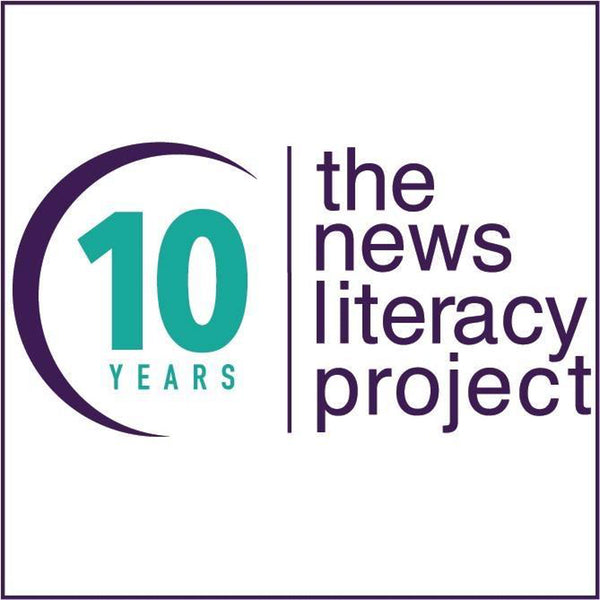
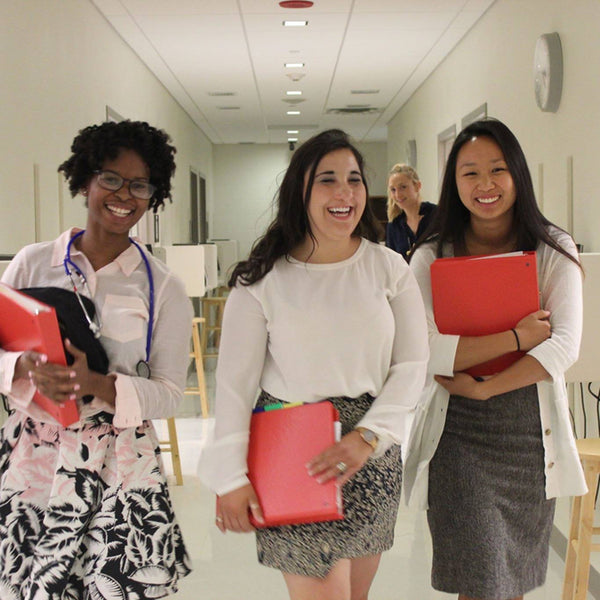
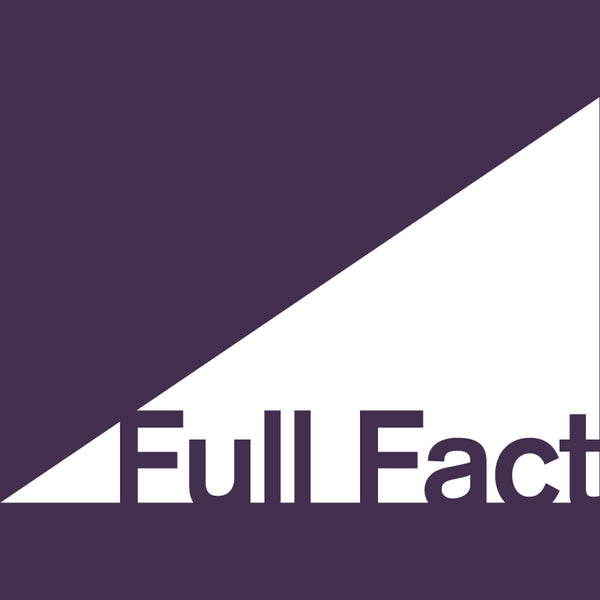
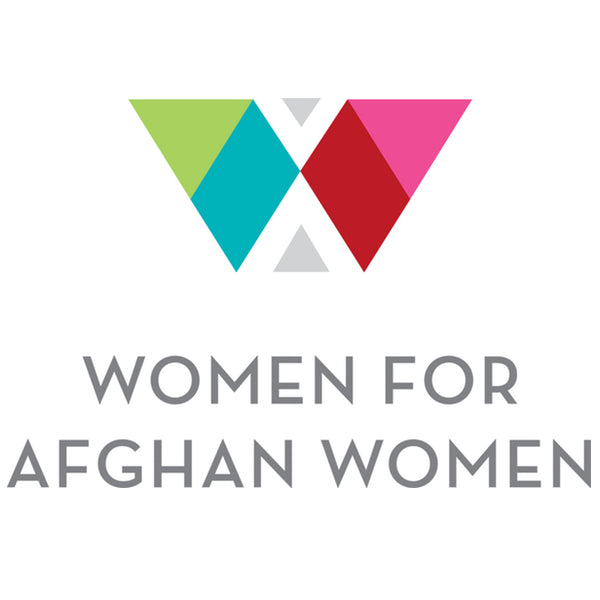
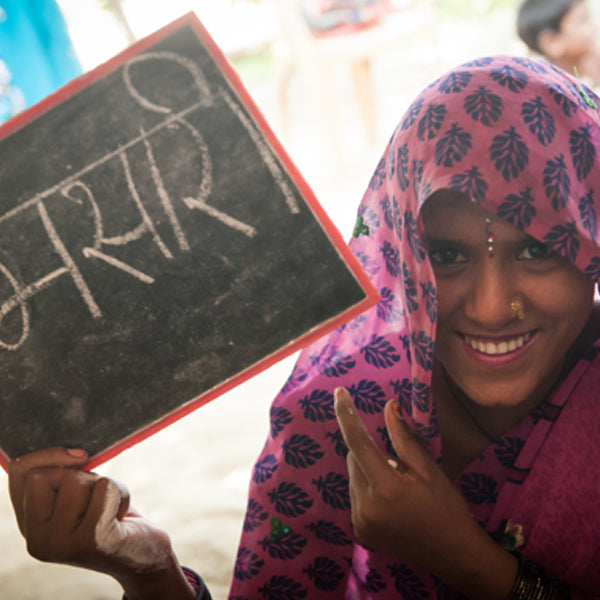
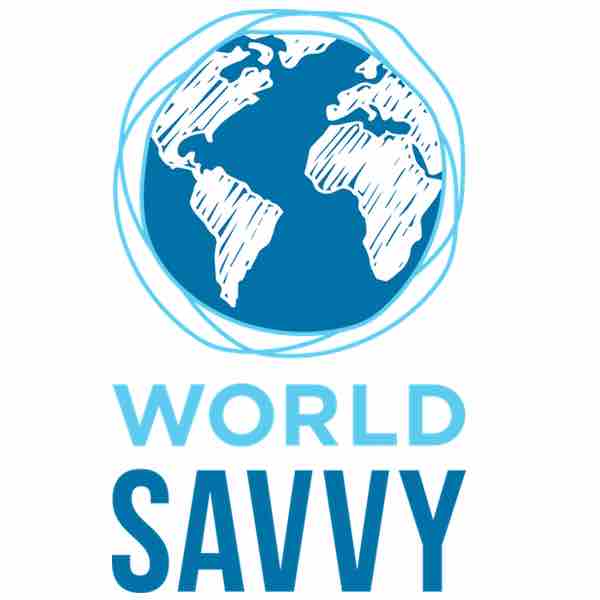
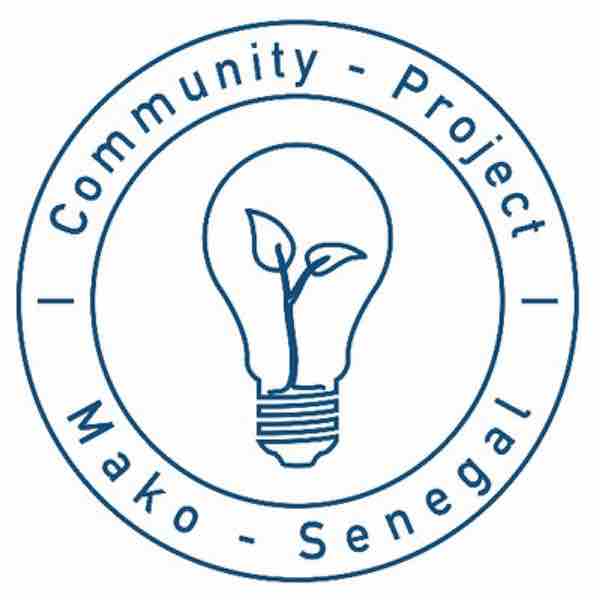
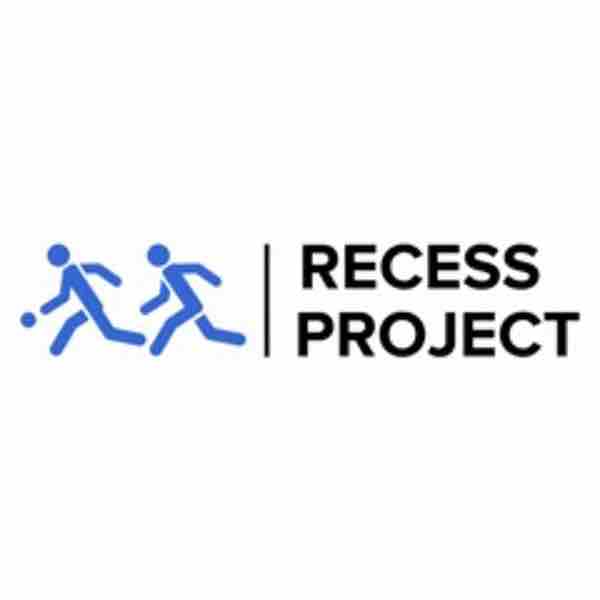

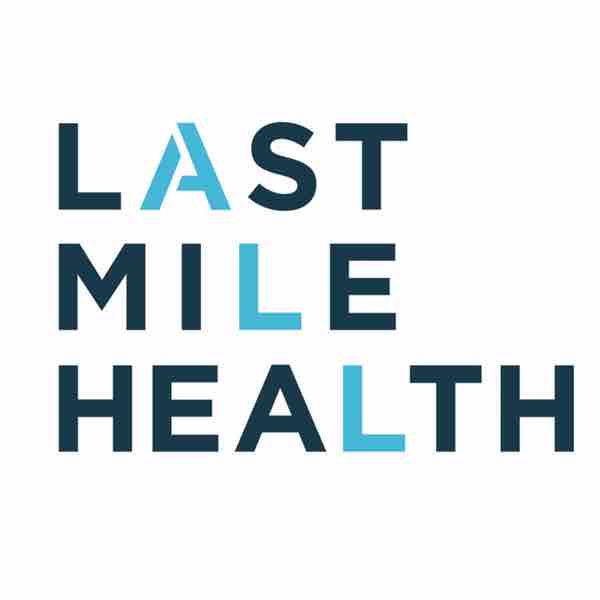
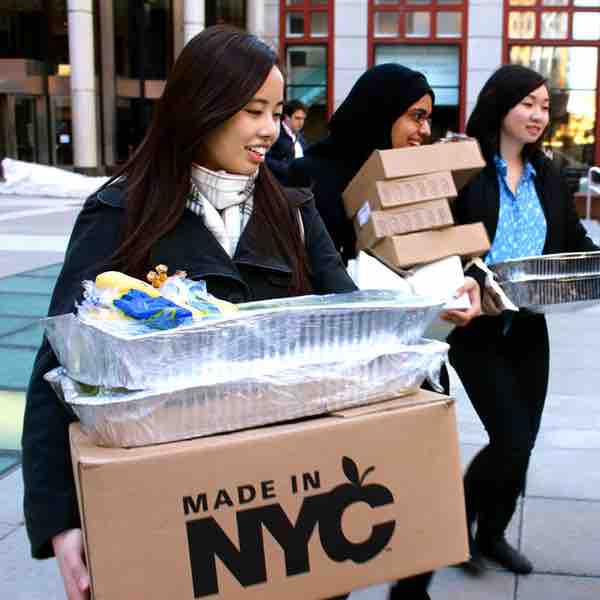

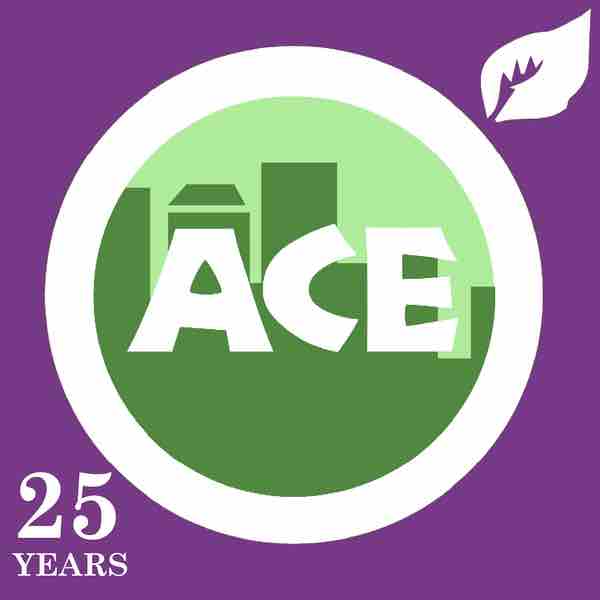
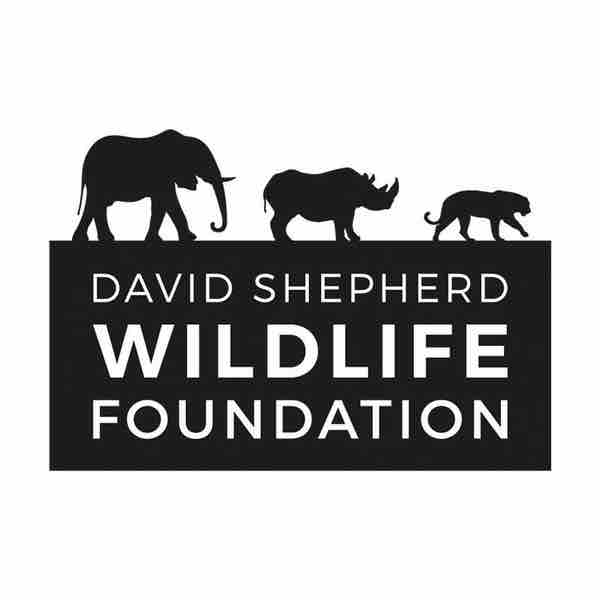
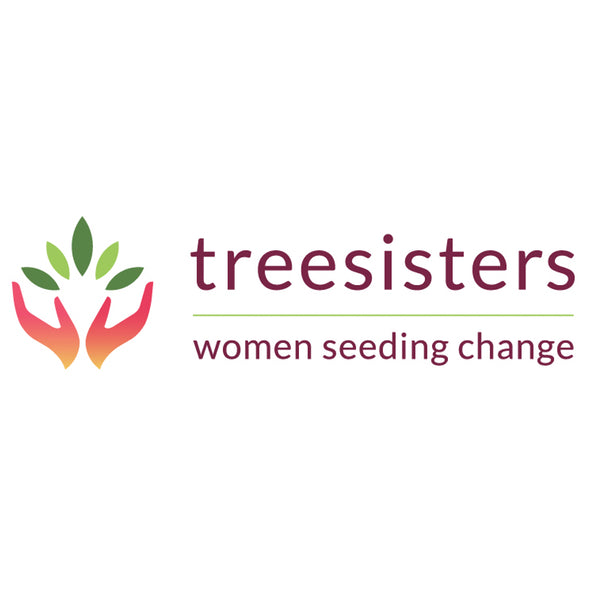



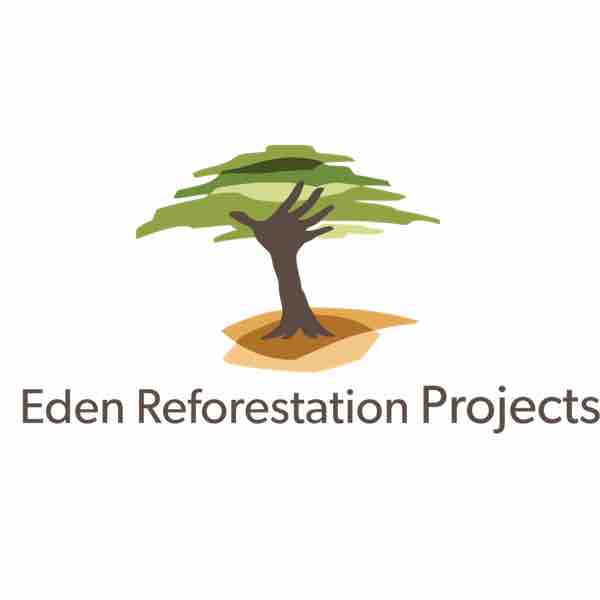


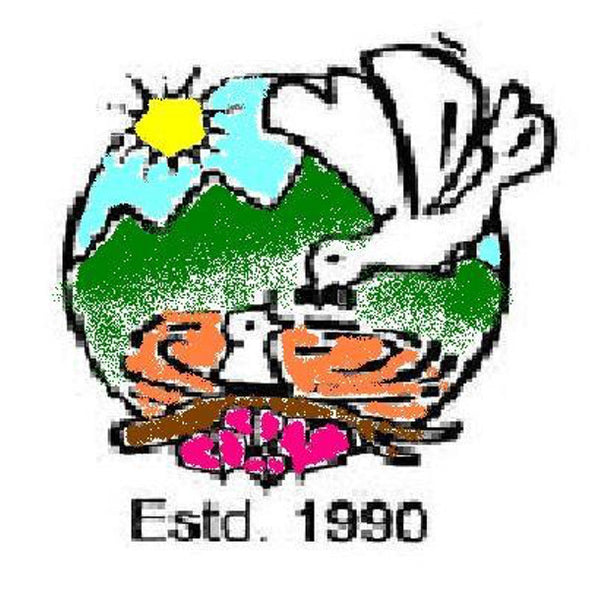
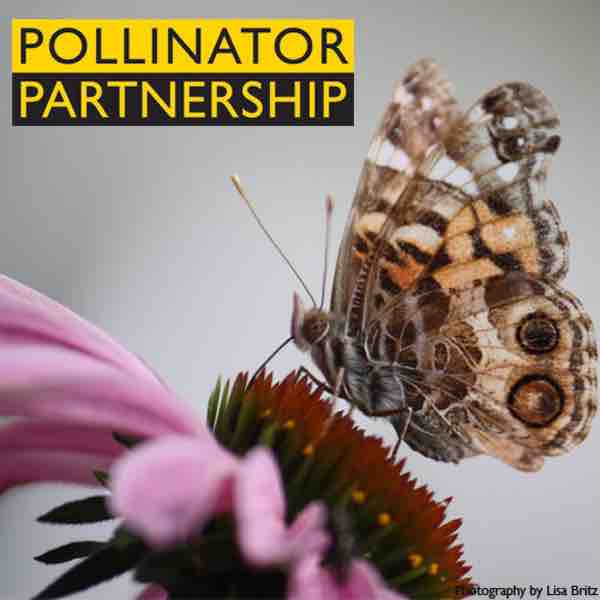
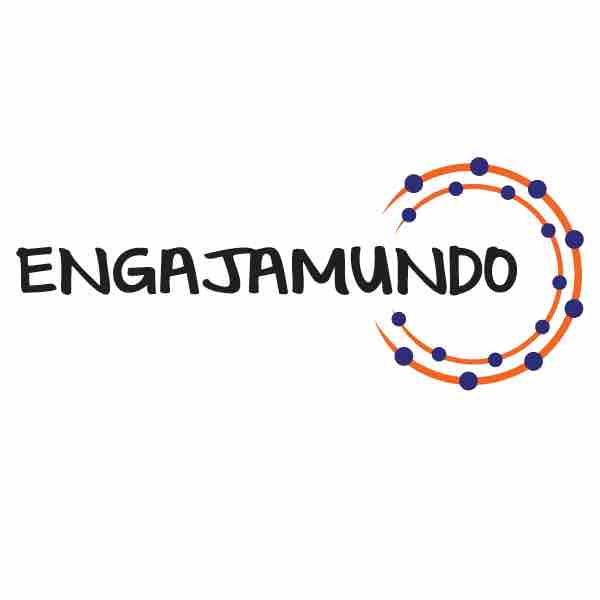



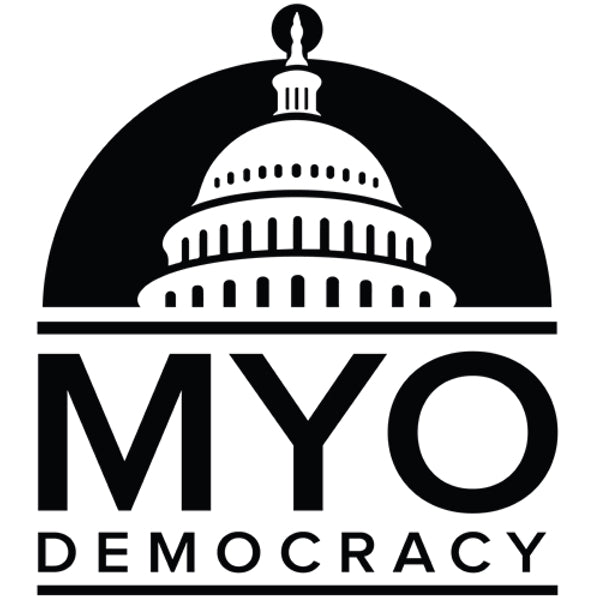



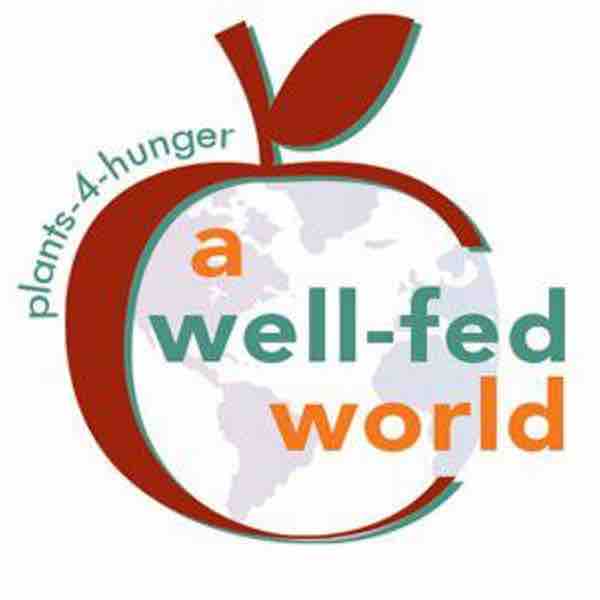

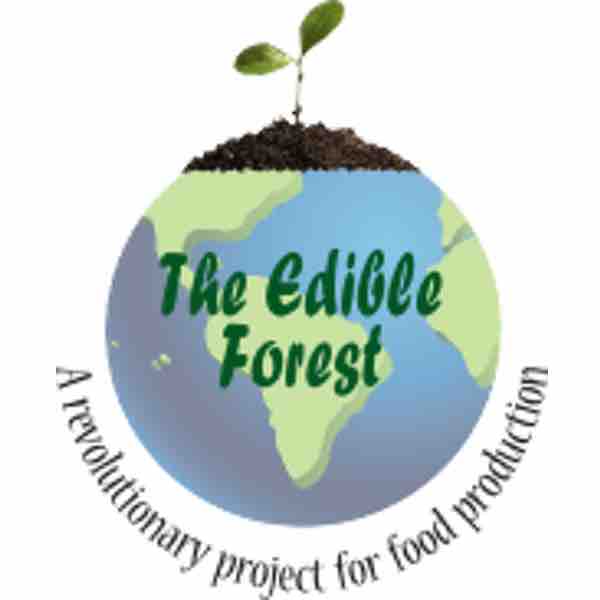

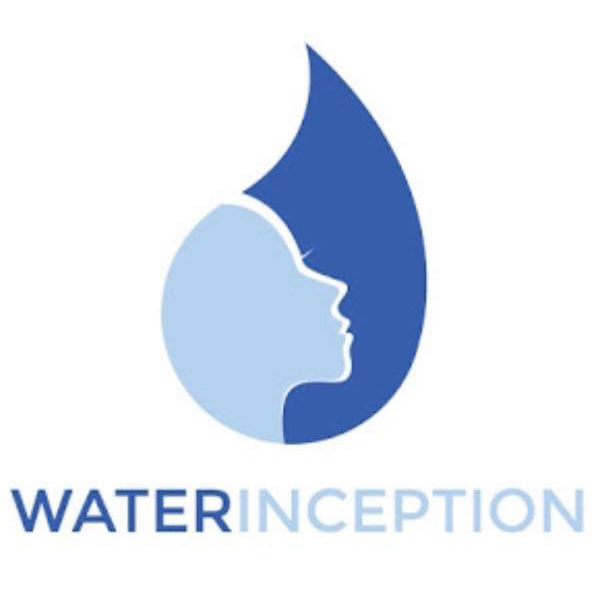

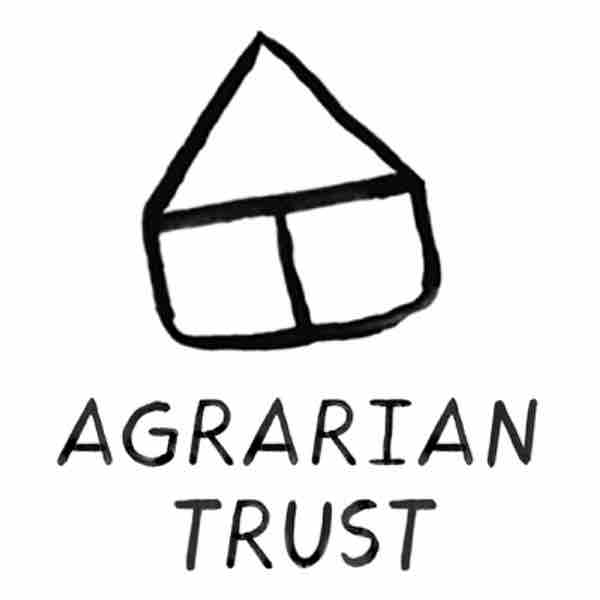

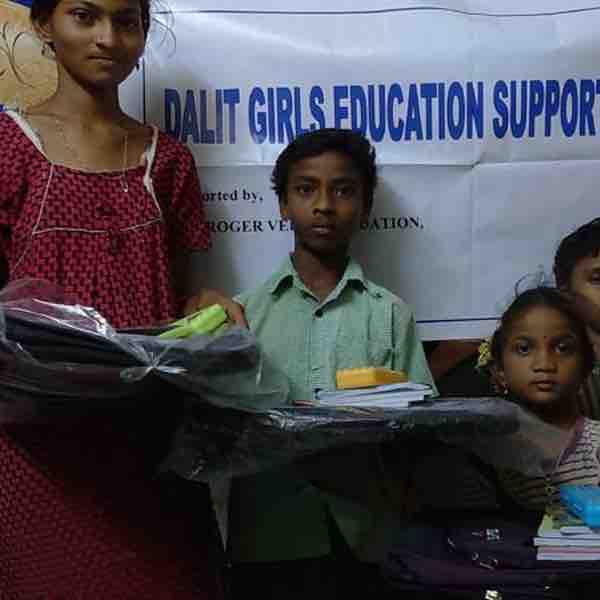

Join The Discussion